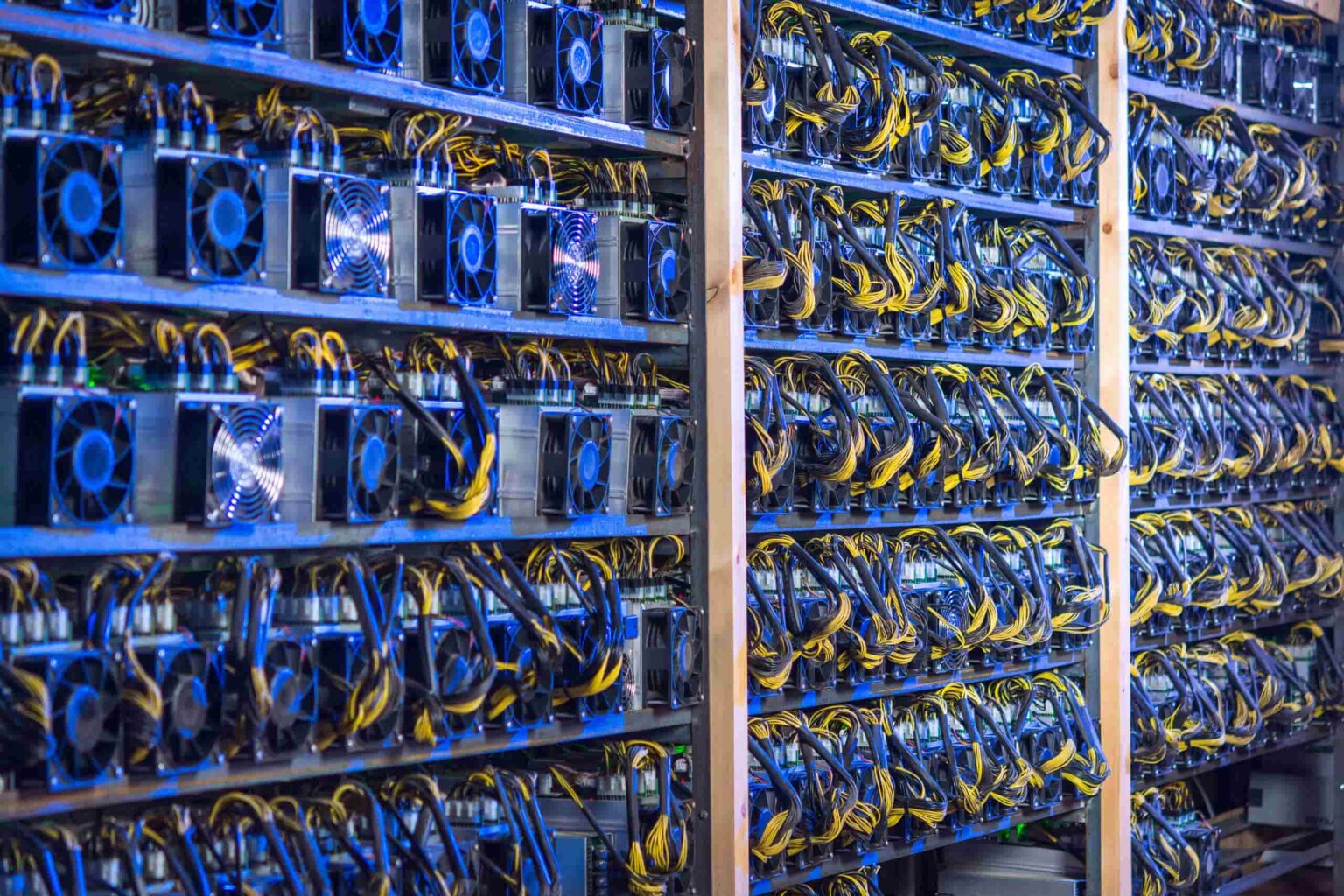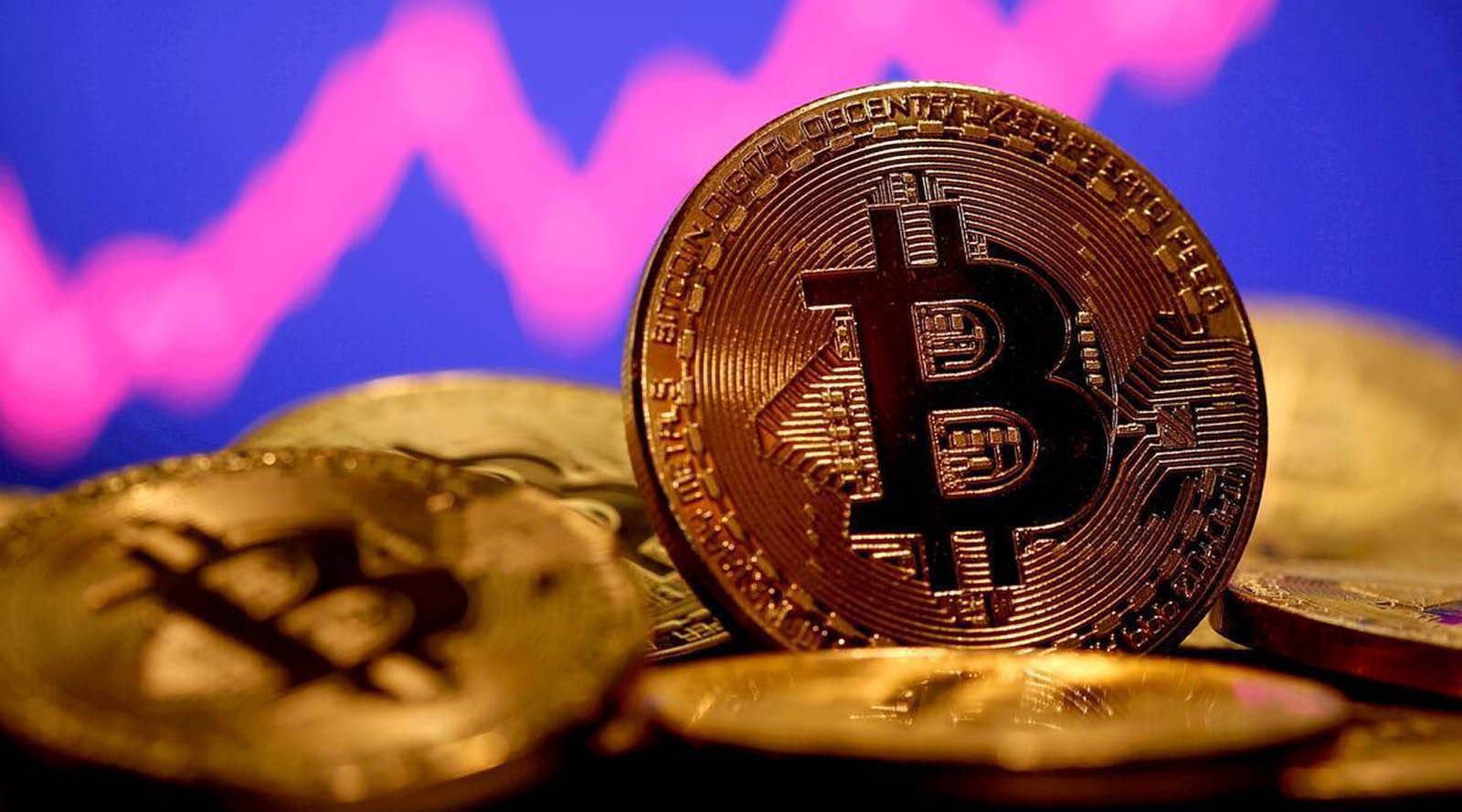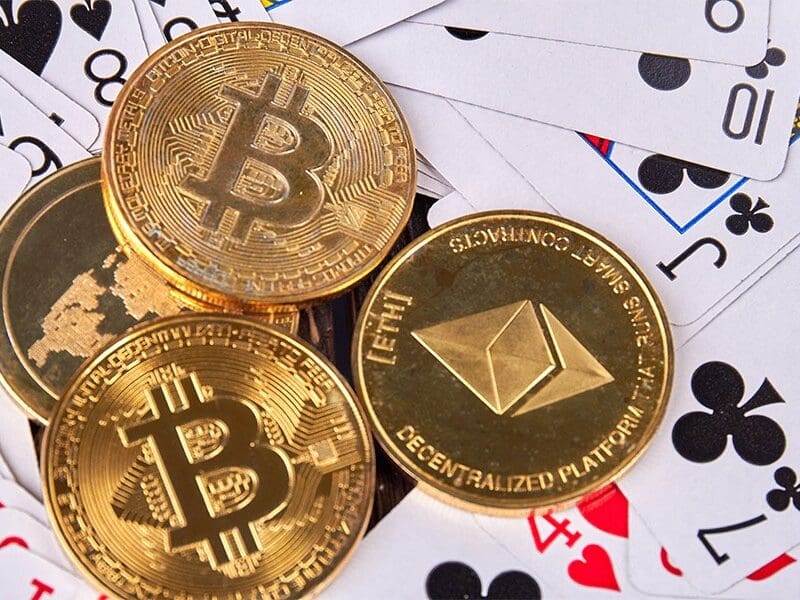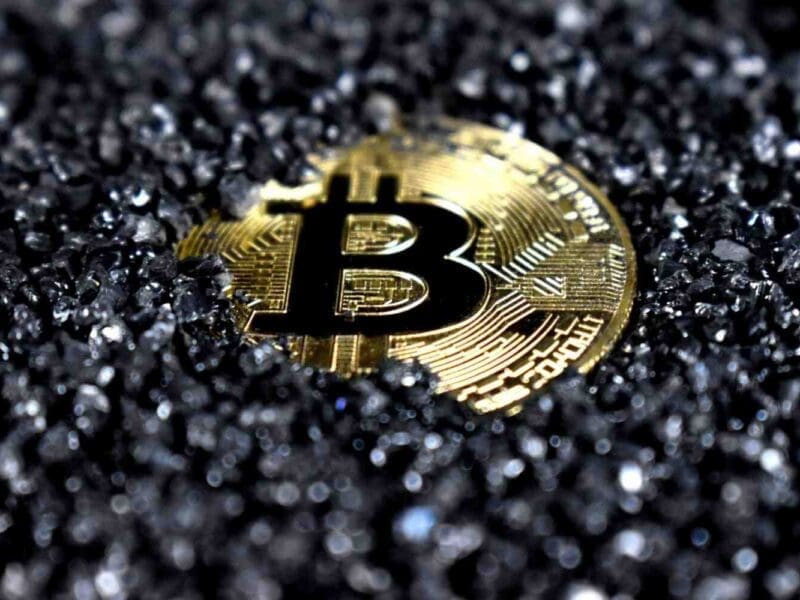
An overview about mining fee and its calculations
Carrying on with work generally includes some significant costs. That incorporates the expense of mining digital forms of money, for example, Bitcoin, which is once in a while alluded to as an exchanging fee, an exchange fee, or a “mining fee.” So, if you are planning to trade or mine Bitcoin, then you may visit bitcoin usd jack dorsey .
Mining is one technique to add to your Bitcoin possessions, as numerous Bitcoin devotees know. Bitcoin mining is a blockchain-based approval process that pays the miner with extra tokens or bitcoin. Mining costs much of the time. What is a mining charge, and who is answerable for paying it? We’ll go through everything exhaustively beneath.

Basics of Bitcoin Mining
Bitcoin miners guarantee that things are within a line because Bitcoin is decentralized, meaning it is not directed or given by a dominant agency such as a bank or government. Bitcoin mining is the activity of approving and obtaining Bitcoin trades, as well as creating new Bitcoin tokens (out of a complete 21 billion bitcoins in presence). It’s a time-consuming, asset-intensive technique that employs powerful PCs to answer difficult numerical issues. When Bitcoin transactions are made, they should be double-checked. That means they’ve been published to the publicly available record, stored on the blockchain, and verified as valid (not a copy exchange, for example).
Miners use Bitcoin mining software to answer numerical questions (this is known as proof of work). The miner does uncover the next block on a network, which will be used to retain the transaction details and information. Miners are rewarded with Bitcoin or costs as a reward for their efforts. Cloud mining, which uses cloud-based computing to mine bitcoins, should also be viable. Bitcoin mining pools are increasingly accessible, wherein miners combine their assets to mine.

How Do Mining Fees work?
Miners are incentivized – either with Bitcoin or a piece of the accumulated expenses – for contributing to the approval and development of the blockchain network. Mining charges are like exchange costs demanded by brokers and banks. To deal with a credit card and handle the back-finish of an exchange, assets are important, and they are not free. The expenses are now and again expected by brokers.
In the event that you use your card at a major retail store, for instance, you’re probably not going to be charged an exchange expense – the store will cover the cost. In any case, assuming you go to a little retailer like a shop or a cafe, they might charge you a handling expense that may vary but most of the time ordinarily they are 2%.
A worldwide exchange charge, which is payable while managing between two different monetary forms, is one more equivalent kind of expense. The expenses charged by miners are tantamount to those charged by processors. More or less, miner expenses are a way for miners to get compensated for handling exchanges on the blockchain as well as confirming and getting the organization.

What Factors Affect Mining Fees?
Mining costs on the Bitcoin blockchain are set in stone by their accessibility and the related interest in blockchain space. Since there is a great deal of rivalry for space when there are a ton of exchanges to process, the organization becomes blocked. Thus, expenses are rising. Furthermore, the reverse is true.

Final thoughts
Even though digital money is a decentralized resource, it’s anything but a crazy situation. That is particularly obvious with regards to paying costs that are expected to effectuate exchanges, like mining expenses. Miners are made up for approving exchanges, and their pay comes from somewhere – generally, the individual who started the exchange.







